Are you a Matcha seller? Join as a Vendor
Kosher Certified matcha meets strict Jewish dietary laws through supervised production and ingredient checks, ensuring purity and trust for consumers worldwide.
There are no results matching your search
There are no results matching your search Reset filters?
Kosher certification is a formal verification process that confirms matcha products comply with Jewish dietary laws, known as kashrut. The certification ensures that every ingredient, processing method, and handling procedure meets strict religious standards. For matcha brands, this certification opens access to broader markets while providing consumers with independently verified quality assurance.
The kosher certification process begins when brands submit applications to recognized certifying agencies like the Orthodox Union (OU), Star-K, or OK Kosher. Rabbinic coordinators conduct thorough facility inspections, examining ingredients, equipment, and production methods. They verify that tea leaves are processed without cross-contamination from non-kosher substances and that all additives meet kosher standards.
Certified agencies issue a letter of certification and approve the use of kosher symbols (called hechsher) on packaging. The OU symbol alone can increase market share by up to 20% for food brands. Ongoing supervision ensures continuous compliance, with periodic inspections maintaining certification validity.
Pure matcha powder typically requires minimal certification oversight since it contains only ground tea leaves. However, commercial processing introduces potential kosher concerns. All equipment must be kosher or properly kosherized to prevent contamination. Processing facilities handling both kosher and non-kosher products need separate production lines or thorough cleaning protocols between batches.
Supply chain documentation becomes critical. Brands must verify that tea leaf suppliers, packaging materials, and any additives meet kosher standards. Flavored matcha products face additional scrutiny since flavorings often contain non-kosher ingredients or processing aids.
Kosher certification delivers measurable business advantages beyond religious compliance. The global matcha market projects growth reaching $8-9 billion by 2035, with certified products capturing larger market segments. Kosher symbols signal product purity and quality control to health-conscious consumers, not just observant Jewish buyers.
Common kosher symbols include:
The certification process also appeals to Muslim consumers seeking halal alternatives, since kosher and halal dietary restrictions often overlap. This dual appeal expands the addressable market for certified matcha brands.
Matcha producers face specific challenges when pursuing kosher certification. Supply chain transparency requires detailed documentation from tea farms through final packaging. Costs include application fees, inspection charges, and ongoing supervision expenses, typically ranging from hundreds to thousands of dollars annually depending on facility size.
Processing facilities must implement strict protocols to prevent cross-contamination. Equipment cleaning procedures need rabbinic approval, and some facilities require dedicated kosher production runs. However, these investments often pay dividends through expanded distribution channels and premium pricing opportunities in specialized markets.
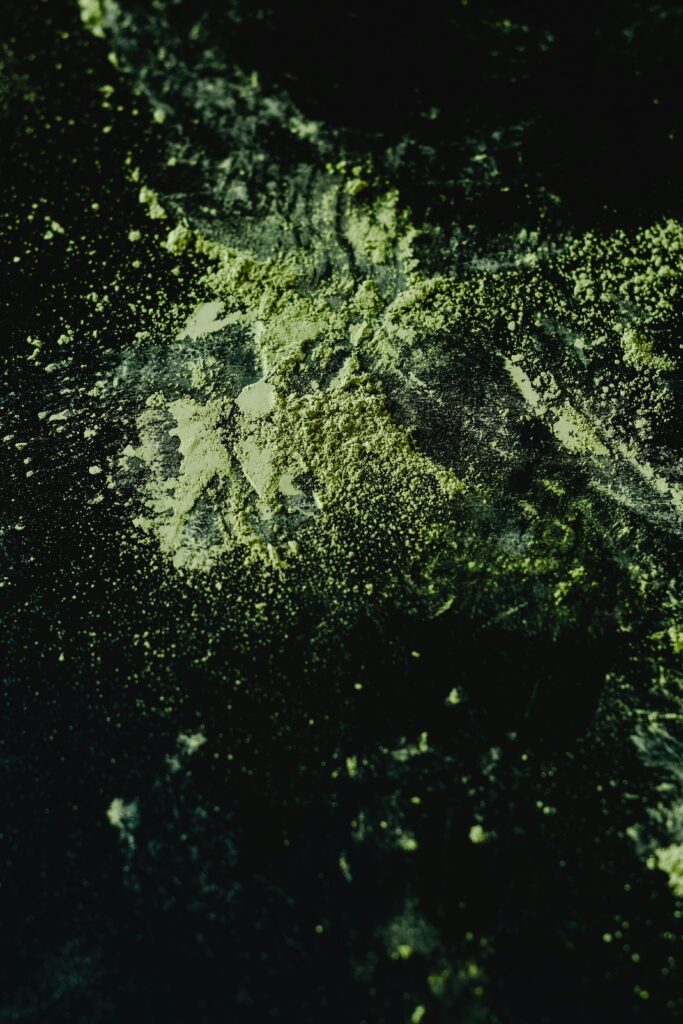
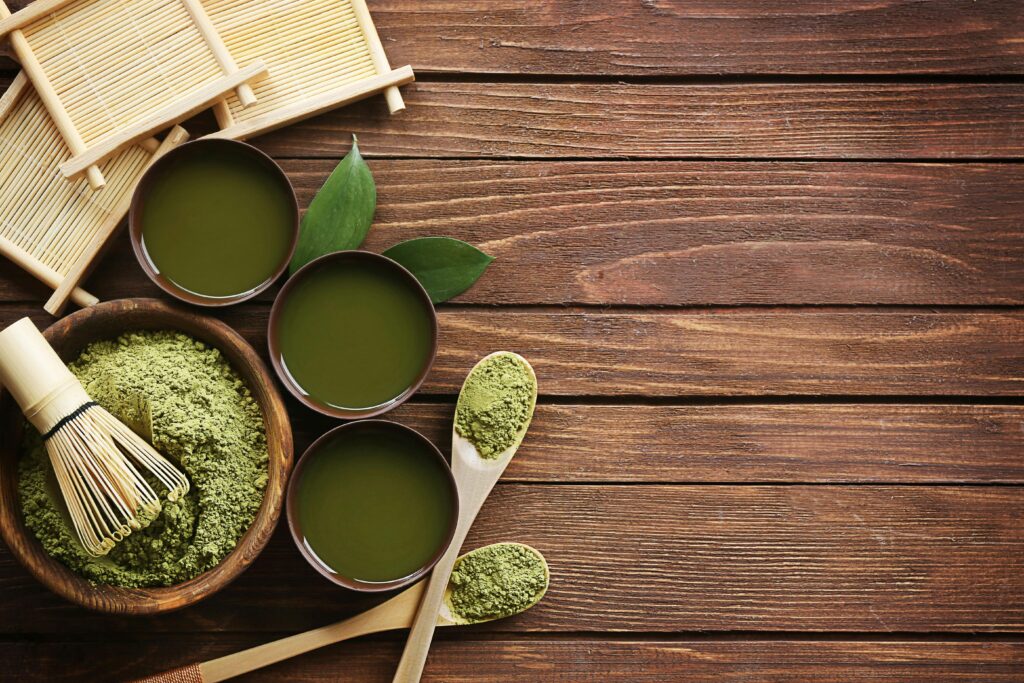
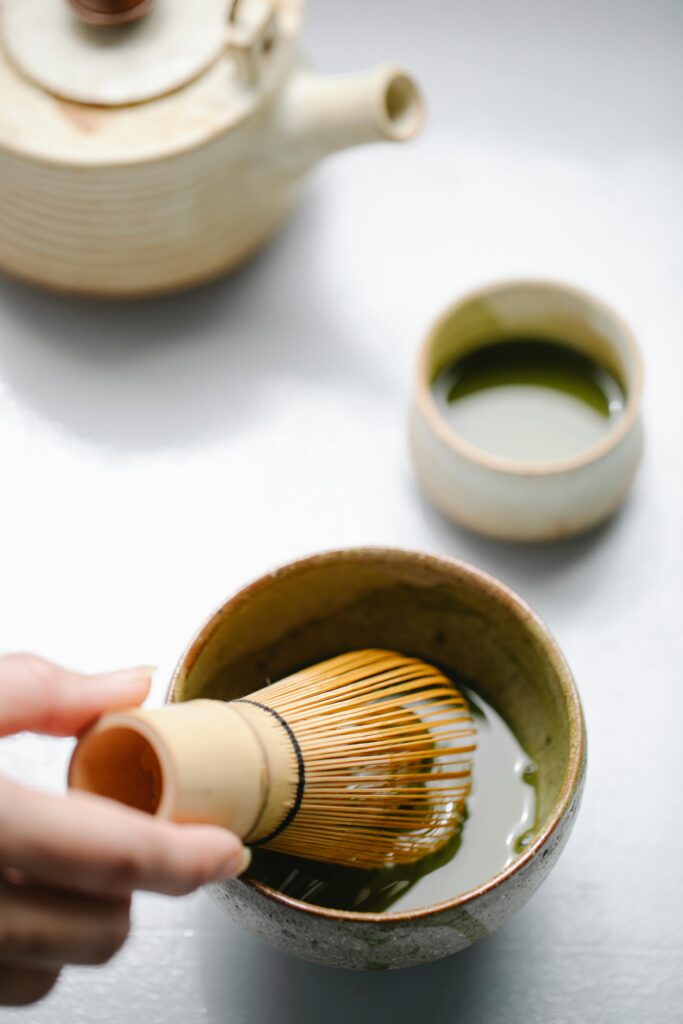
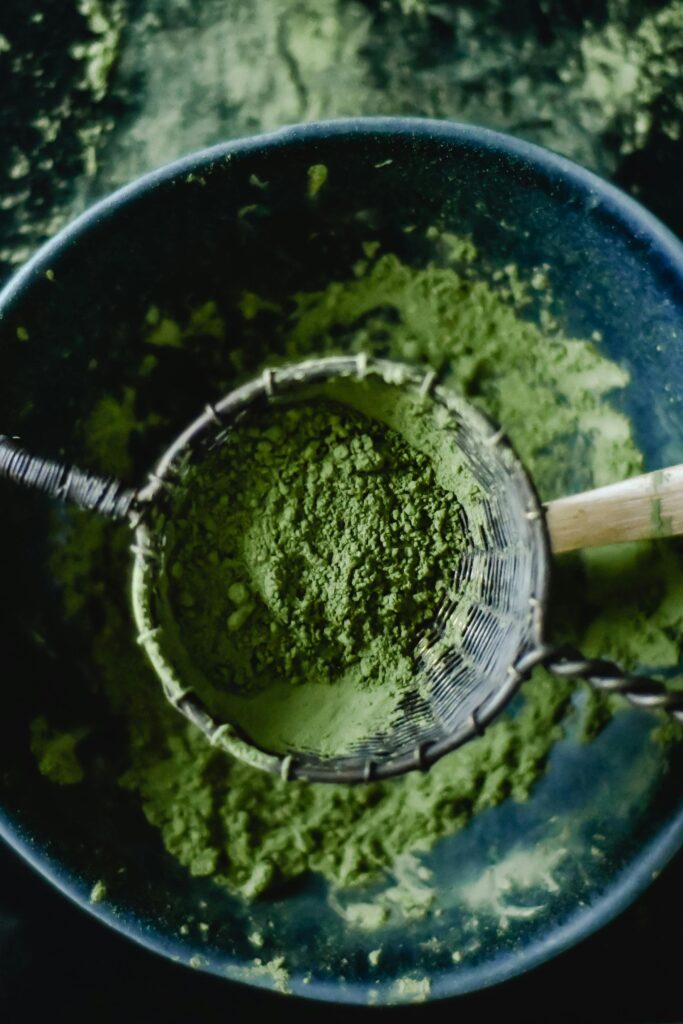
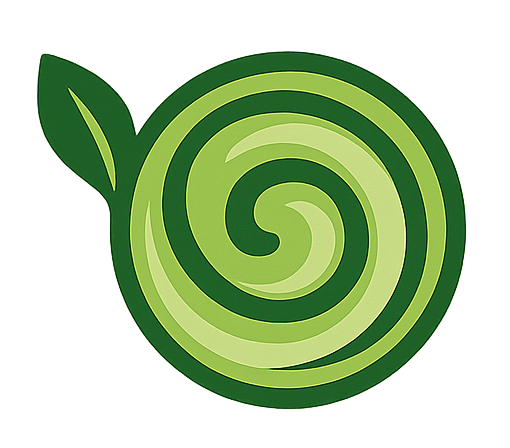
Join our mailing list to receive updates and exclusive tips.
There are no results matching your search